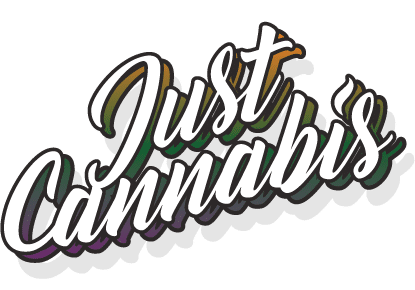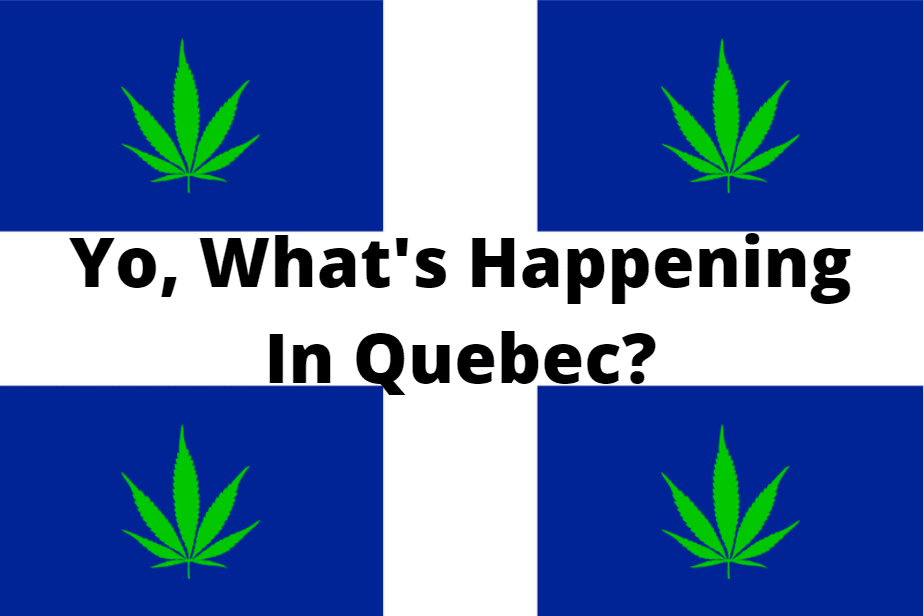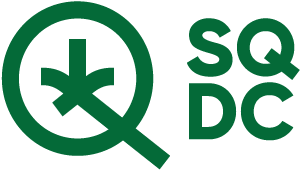Industry Updates, Law and Politics
Yo, What’s Happening In Quebec?
When cannabis was legalized in 2018, it is unlikely that cannabis users in Quebec could have predicted that as the years passed it was actually going to become even more difficult to acquire and use the plant.
A new year, a new hurdle. We’re barely a month into 2020 and Quebec’s residents are already facing increasing obstacles. The new cannabis laws recently came into effect on January 1st. These contentious laws can, and undoubtedly will dramatically change the cannabis landscape in the province.
These kinds of restrictive laws are not new for Quebec. In fact, many of Quebec’s newly implemented laws have been met with a lot of anger. These laws not only inhibit the freedoms of cannabis users, but also blatantly discriminate against specific religious groups, and immigrants. The impact that these harmful laws have had on people’s lives has been immediate and overwhelming for many religious minorities.
The introduction of these new laws and the pattern that they make clear has many people asking “yo, what’s happening in Quebec?!”
Cannabis
With legalization came the opportunity for citizens across the country to grow their own cannabis at home. That is unless you’re living in Quebec or Manitoba. Both provinces immediately banned home grows.
The legal age is now 21 years old.
As of the New Year, Quebec, compared to other provinces, now has the highest minimum age for weed consumption at 21. As for the rest of the country, the legal age still remains 19, except for Alberta which is 18.
The government recently passed a total prohibition of cannabis and cannabis-derived products for minors. Minors are also prohibited from entering the premises of any Société Québecoise Du Cannabis (SQDC) outlet. Of note, cannabis in Quebec is exclusively sold by SQDC, which are provincially-run cannabis locations.
That means if your over 18, but under 21, you can fight for the government in a foreign country, vote, make porn, buy all the alcohol you want, and get a face tattoo. However, if you want to smoke a joint after all that, well sorry, you’re just too young! Go watch some cartoons or something!
If you still have some weed left that you bought before the New Year, and are under 21, you’re BREAKING THE LAW! It does not matter that you purchased it legally, you could be fined up to $100 if found in possession.
Home Grown Headaches
Quebec prohibits its citizens from growing their own cannabis at home, even though federal laws allow Canadians to grow and cultivate their own weed (up to four plants per household).
This restricts the public’s access to cannabis, of course. The only channels where Quebecers can purchase legal weed is through their SQDC locations, both online and brick-and-mortar outlets. Forcing a citizen that wants to use cannabis to only purchase the weed your government is producing, and forbidding them from growing their own is just cruel and unjust.
In addition to the ban on home cultivation, the province has also imposed the lowest limit when it comes to home-storage of weed at 150 grams per household. Most provinces have none.
Eat Just Don’t Enjoy
Cannabis edibles were recently made available in Canadian cannabis shops, but the federal government has imposed strict rules on them. The packaging should not be appealing to minors, especially children, to reduce the risks of accidental consumption. It should also not contain sweeteners, and it should not come in any appealing shapes, forms, colors, and flavors. I’ve discussed the flaws in this logic in a previous blog.
Even then, Quebec has stricter regulations than the rest of the country when it comes to their legal cannabis edibles. You can now buy cannabis-infused teas from the SQDC locations, but unfortunately, chocolates, sweet treats, and desserts won’t be available. This is because these products could be appealing to children. Again, fine, but why should the whole country be responsible for other people’s children not accessing cannabis? There are plenty of alcoholic spirits that are made with sugars and are designed to be sweet like candy. The alcohol industry does not face such restrictions. Ironically in Quebec, you can drink alcohol 3 years before you can smoke a joint. However only one leads to death from overdose and it’s certainly not weed.

Public Consumption Up In Smoke
Young adult Quebecers are not the only ones affected by the changes.
The government originally wanted a total ban on smoking in public places. However, after seeing how hard it would be to enforce, they amended the bill and gave the municipalities a little more leeway in determining and regulating their own laws on public consumption, be it indoor or outdoor.
In a nutshell, local municipalities are given the right to allow or prohibit public consumption of weed in a municipal park, except in the park areas where consuming weed is already prohibited. These areas include playgrounds as well as big-top tents. It also includes bus shelters as well as public roads. While some big cities like Montreal still allow citizens to smoke in public, smaller towns are not so lucky.
Quebec’s Conservative Mindset
The cannabis laws in Quebec are undoubtedly very restrictive and conservative. Especially when you compare the province’s laws to the rest of the country. However, the logic behind it is not completely flawed.
According to studies, the brain becomes fully developed at the age of 25. Cannabis has been shown to produce negative side effects on the developing brain. The Quebec government argues that exposing vulnerable and immature young brains to the effects of cannabis puts minors at risk of developing long-lasting cognitive problems.
A Superficial Solution
These restrictions do seem to offer more protection to minors. But can it really keep minors from getting their hands on some weed? Probably not, no. Teens were able to get their hands on cannabis when it was illegal, just like the rest of us. All these rules are doing now is forcing cannabis users between 18-20 to find non-legal options. It just so happens the quality of cannabis in the grey market is far superior to that of the licensed producers but that’s a problem for another time.
The country has always had a thriving cannabis market, despite cannabis prohibition years before its legalization.
Ultimately people should wait until they are in their twenties to start smoking weed. Most people can agree on that. Where the problem lies is that the same consideration is not given to other aspects of life. As mentioned, you can fight in a war and drink alcohol at 18 in Quebec. Both of which I’m sure also affect the development of a young person’s brain. PTSD can be incredibly debilitating and you don’t need me to remind you how much damage alcohol can do. It’s the act of leaving these other matters be while targetting cannabis so heavily, that has some questioning the real motives of Quebec’s new rules.
Final Thoughts
Quebec’s conservative mindset is only minimizing its citizen’s access to legal cannabis. Don’t be mistaken, it won’t keep weed out of peoples hands. Instead, it will force them to other avenues than the licensed stores. The government-run locations still won’t be the sole provider and distributor of legal weed. Rather, they are only competitors of an already thriving grey market. The province’s strict regulations also won’t stop minors from going to a neighboring province where the legal age is 19.
These laws seem ill-conceived and it is unclear if Quebec actually thinks they will be protecting anyone, or instead will just protect their alcohol industry and conservative standards.
You cannot legalize cannabis across the country and then try and take it out of adults’ hands, simply because you don’t like it. Canadians got their weed long before legalization, and we, including Quebec, will continue to do so for a long time going forward, with or without the government’s blessing.
At the end of today, Quebec is saying that an 18-year-old is capable of handling the horror and trauma of warfare and the PTSD that can come with it, but they are not able to smoke a joint to deal with it after.
What is really being protected here?










